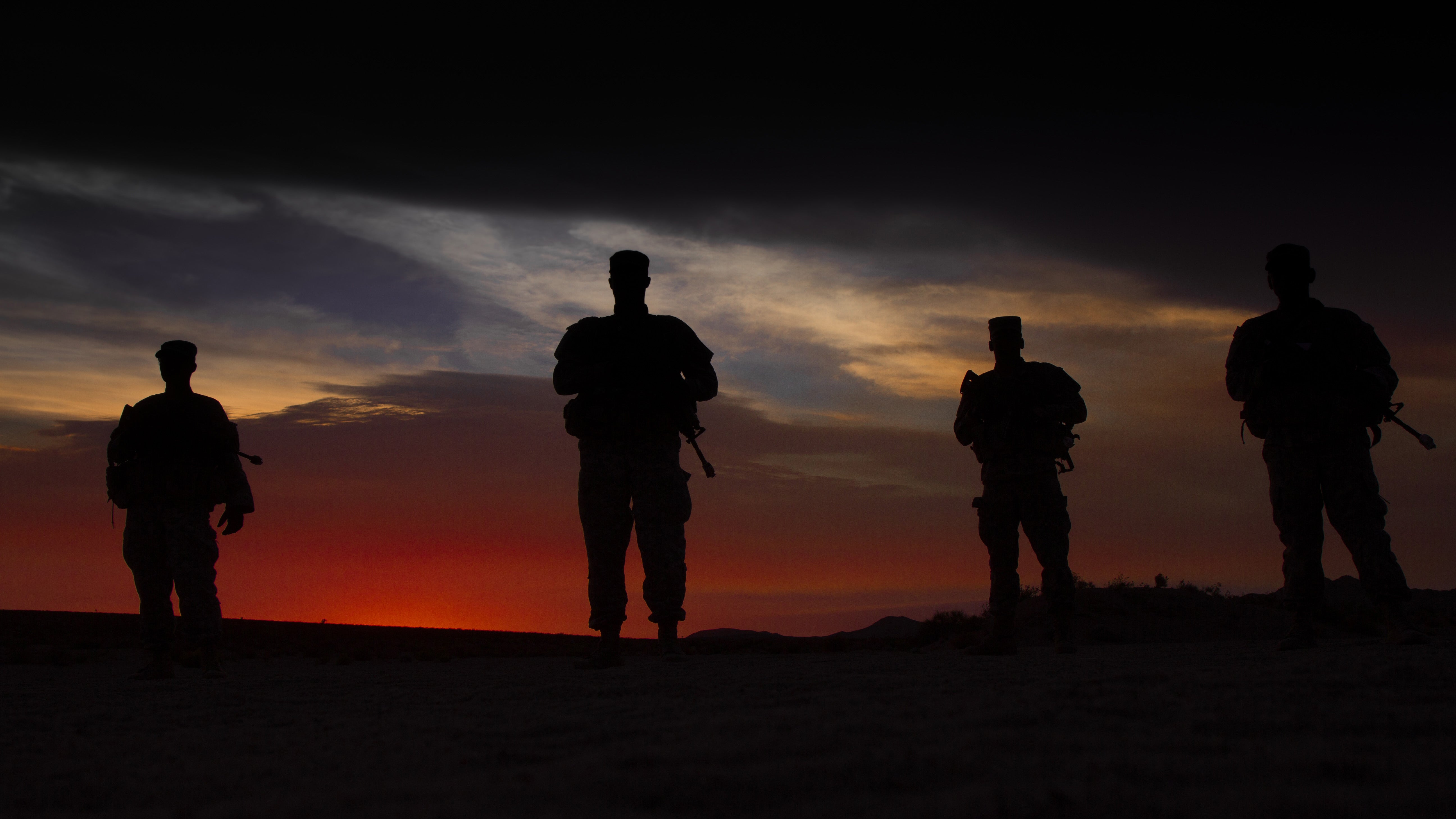Suicide Prevention Requires Constant Attention
Suicide Prevention Requires Constant Attention

“Every death of a soldier is a tragedy. Every death by suicide is even more tragic,” said James Helis, director of the Army Resilience Directorate. “It has cascading effects across the unit, to the battle buddies, to the squadmates, to the family, to the leaders. This is a problem that we have to stay on top of all the time.”
Speaking March 8 during an Association of the U.S. Army Noon Report webinar, Helis said that soldiers who die by suicide tend to be young, junior enlisted men experiencing a crisis.
“They’re typically in their 20s, 21 to 29, [in the] grade of private first class to staff sergeant, combat arms, men and in some level of crisis,” Helis said. It could be relationship troubles or substance abuse, behavioral issues, financial challenges or work-related issues, he said.
“There are some individual or combination of factors that have taken the soldier into a crisis where they see the only way out, the only solution, is taking their own life,“ Helis said.
The military suicide rate in 2021 was lower compared to 2020, according to DoD’s most recent annual report on suicide in the military.
Especially during times of difficulty, how soldiers frame their experiences can have a big impact on outcomes, said Maj. Gen. Thomas Solhjem, the Army’s 25th chief of chaplains.
“People with a strong spiritual core grow stronger through trauma,” he said. “As a matter of fact, trauma is … an opportunity to grow. It's not a negative. I think we have got a real narrative issue. … You’re suffering or you’re going through hardship, but this is an opportunity for you to really grow.”
Over the past two years, the Army has invested in suicide prevention through wellness checks, requiring senior commanders to deliver in-person suicide prevention guidance to subordinate commanders, briefing Army leaders on policies and tools to prevent suicide and deploying a suicide prevention awareness campaign, among other efforts.
Several installations have started mandatory annual wellness checks, where every soldier meets confidentially with a non-clinical provider and gets connected with resources, if needed.
“We’re identifying soldiers before they get to crisis and connecting them with resources,” Helis said. “It is a manifestation of [how] we care about you and your wellbeing. Just like how we require you to get your physical every year, just like how you have to go to the dentist every year, you need to sit down and have a wellness check every year.”
Helis emphasized that seeking mental health help is not a sign of weakness.
“The soldier mentality is we’re tough, we’re strong, we can tough it out,” he said. “We’re trying to create a culture where we’re strong and we’re tough, but we’re also human. There’s times when we need help from others. It is not a weakness to seek counseling.”

